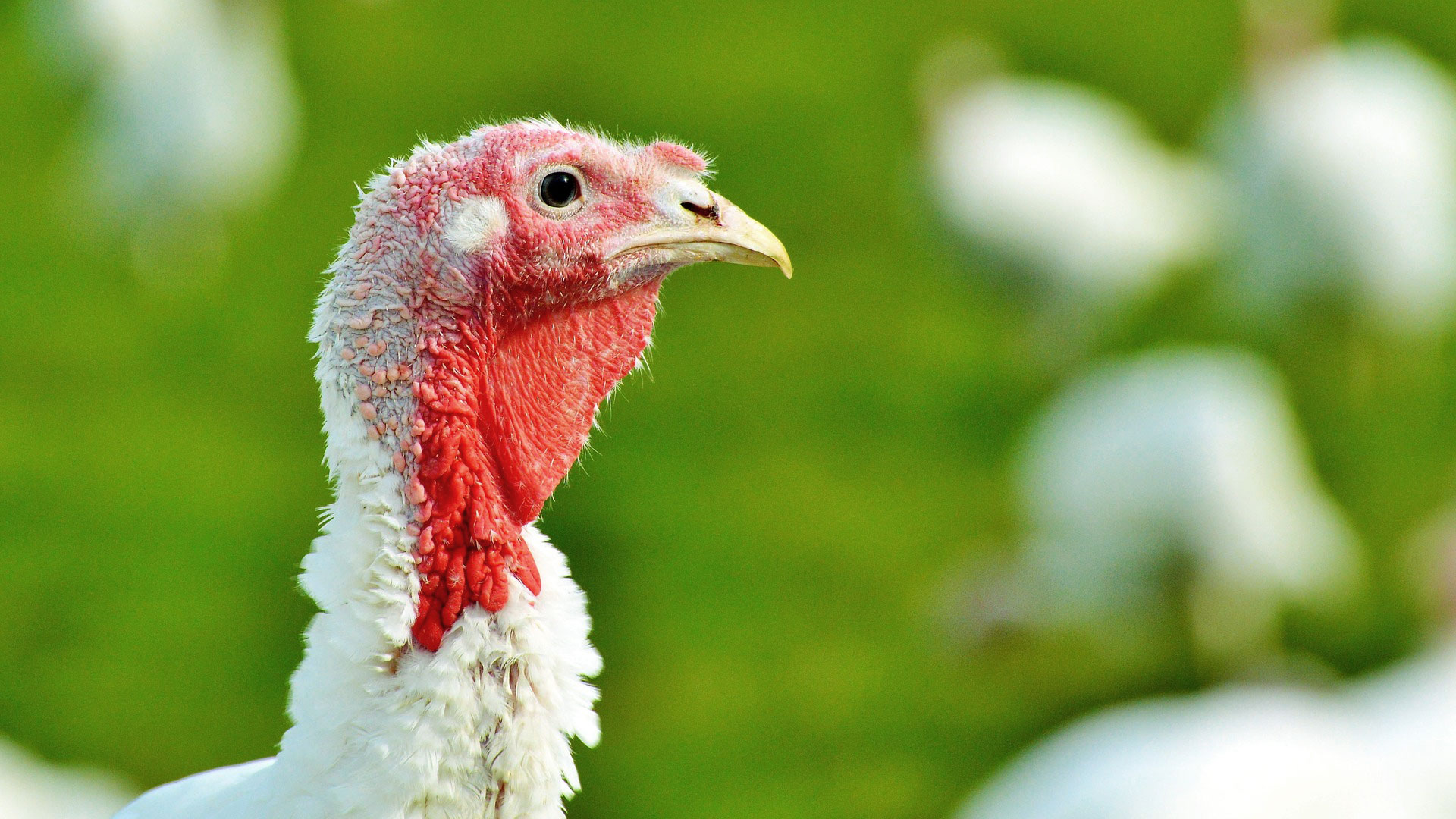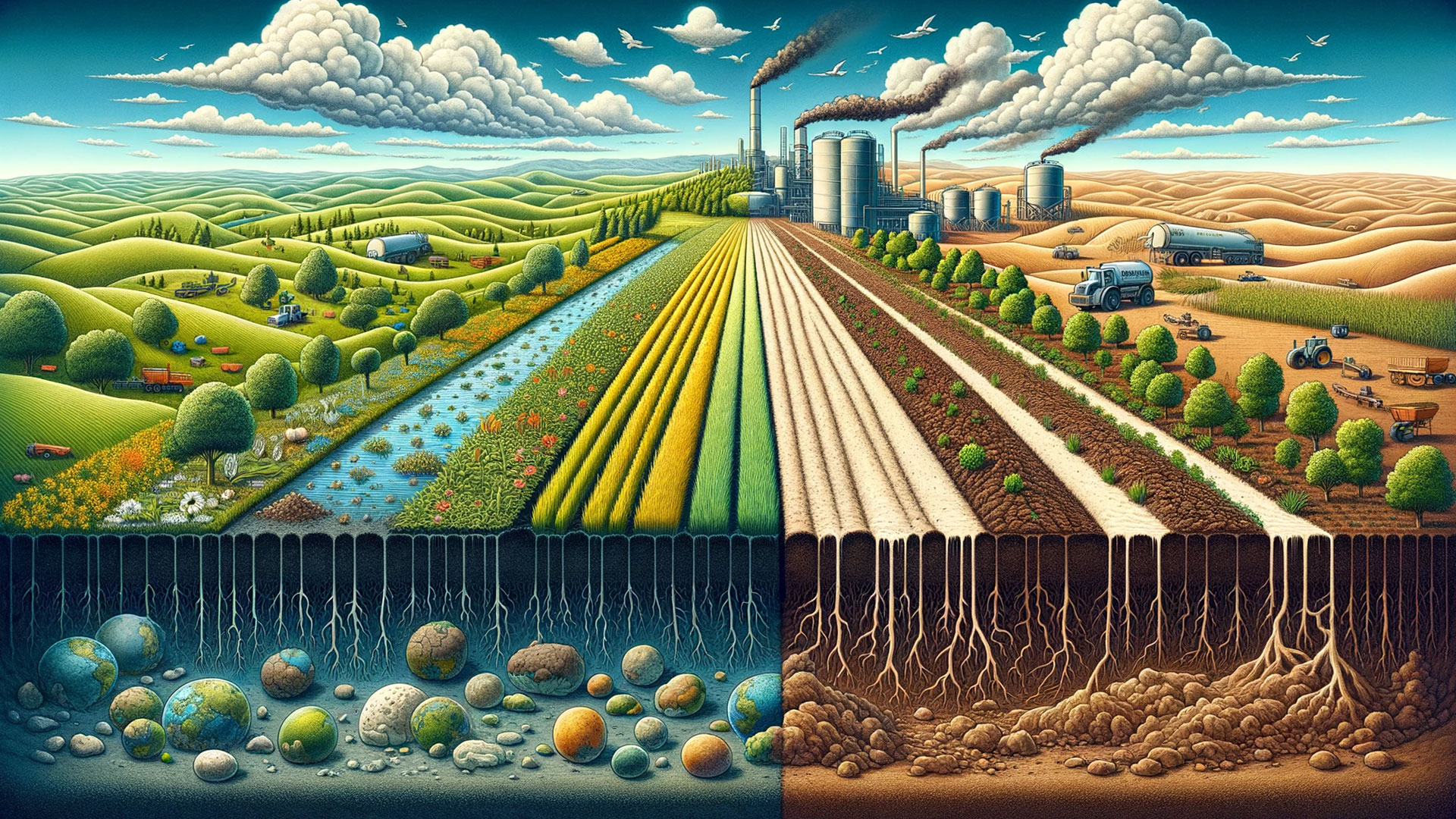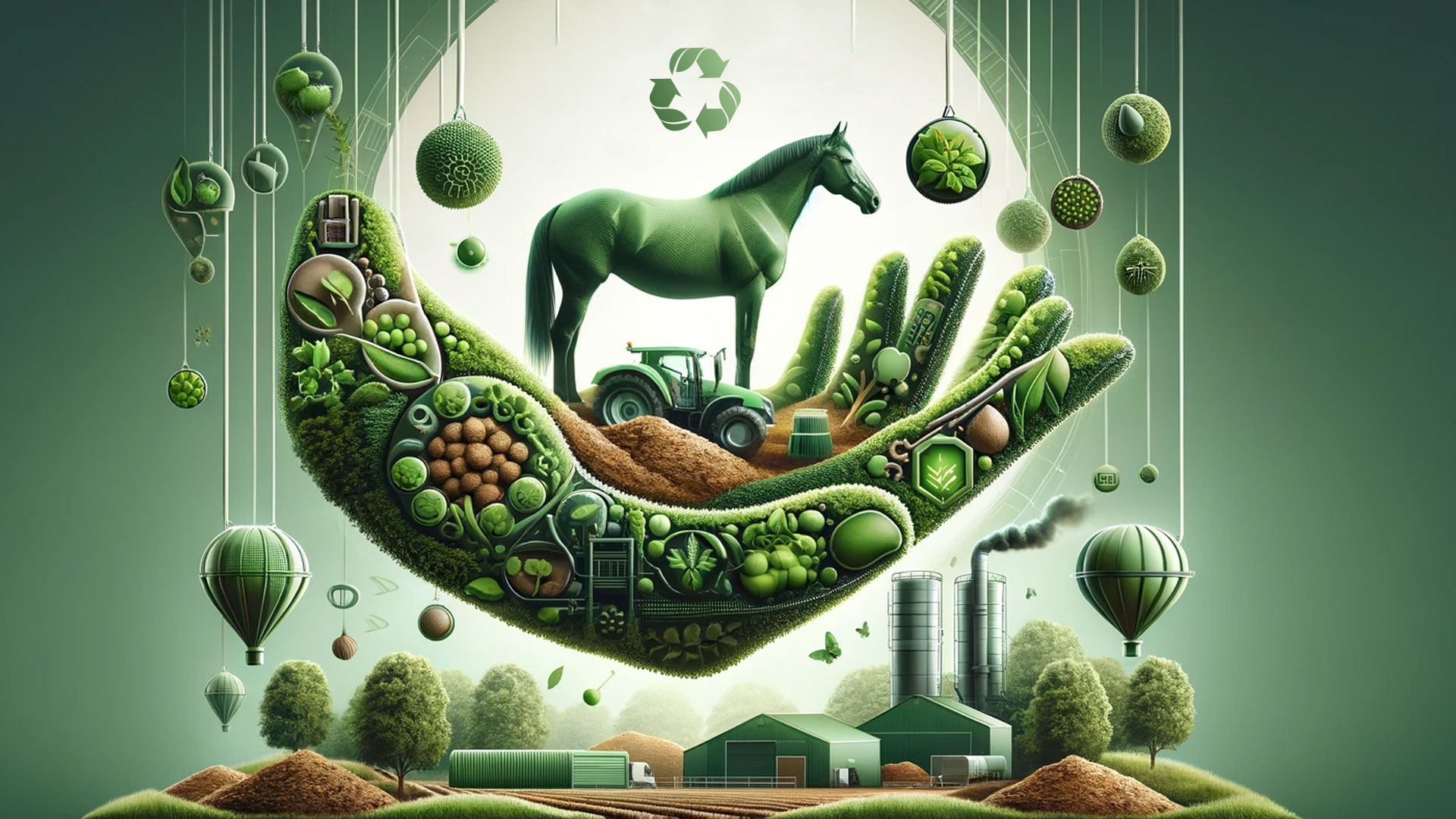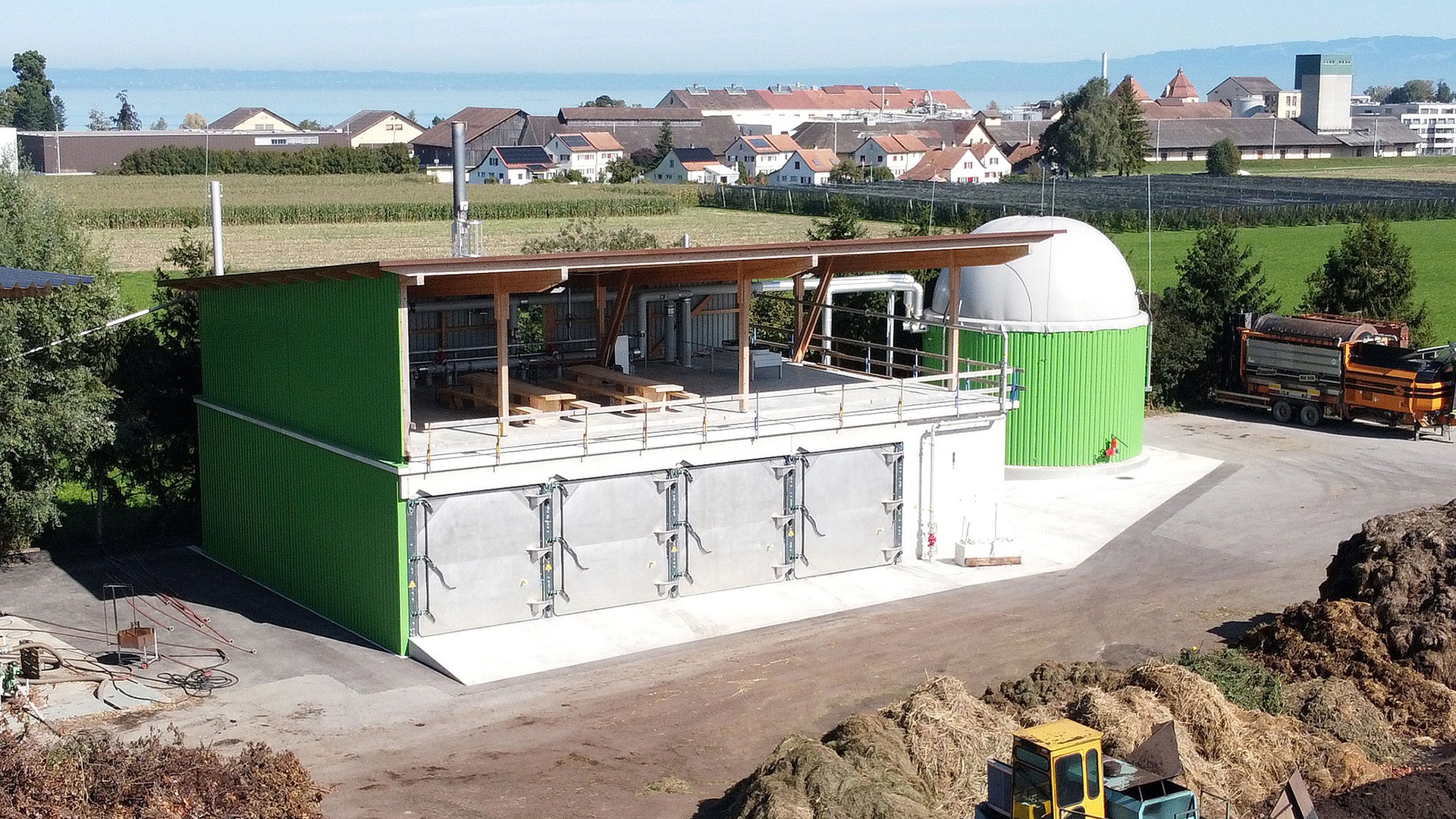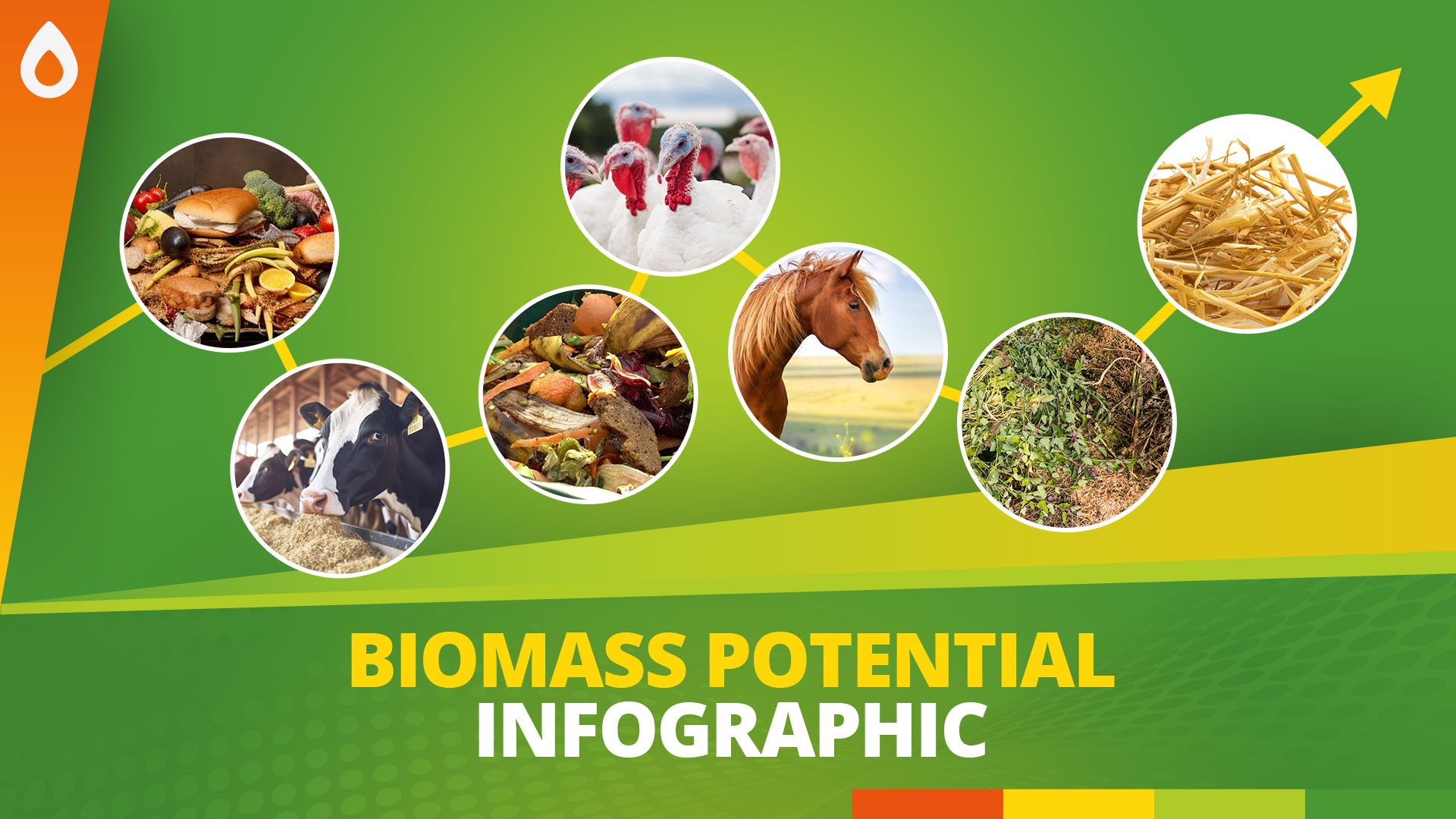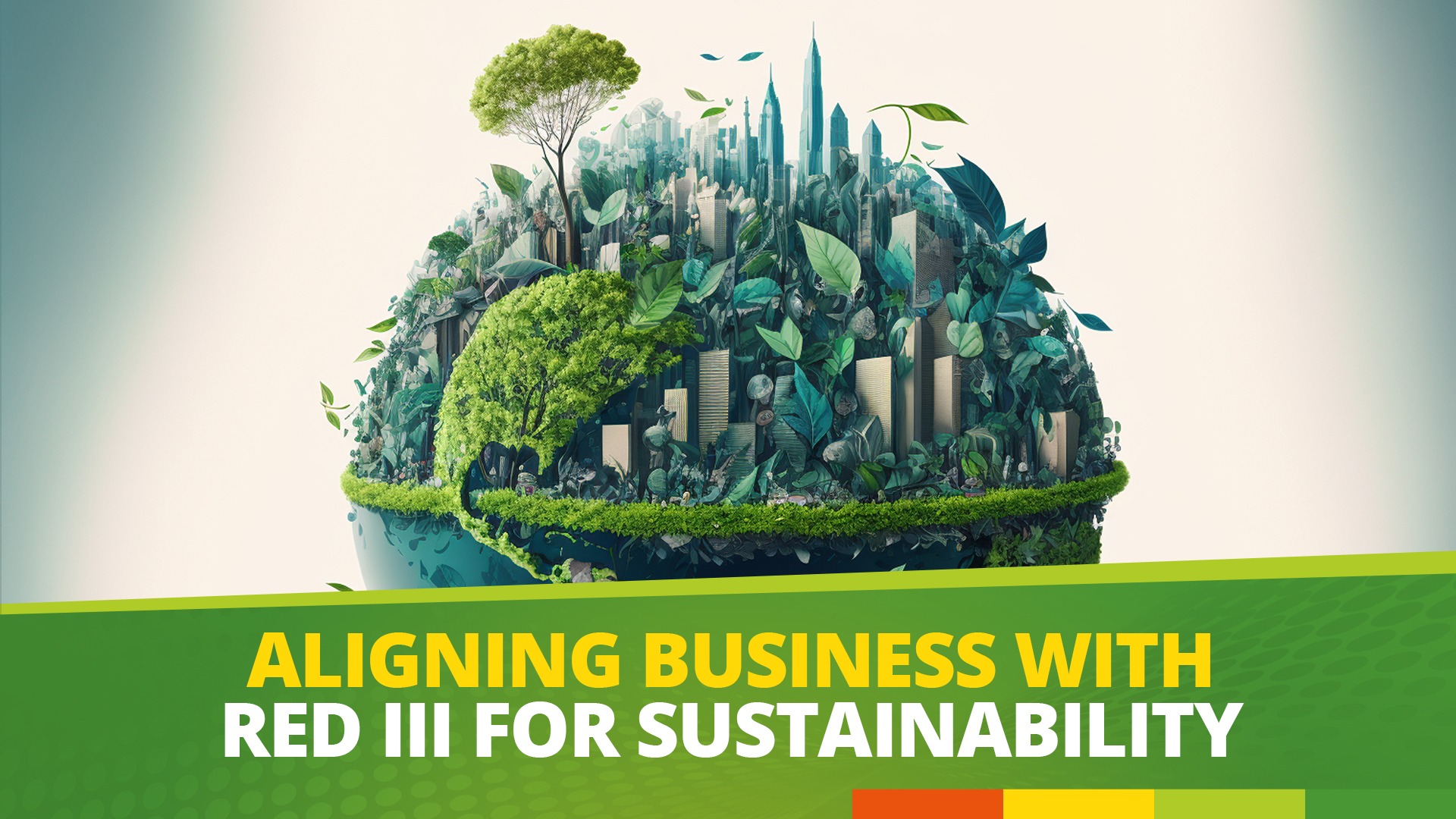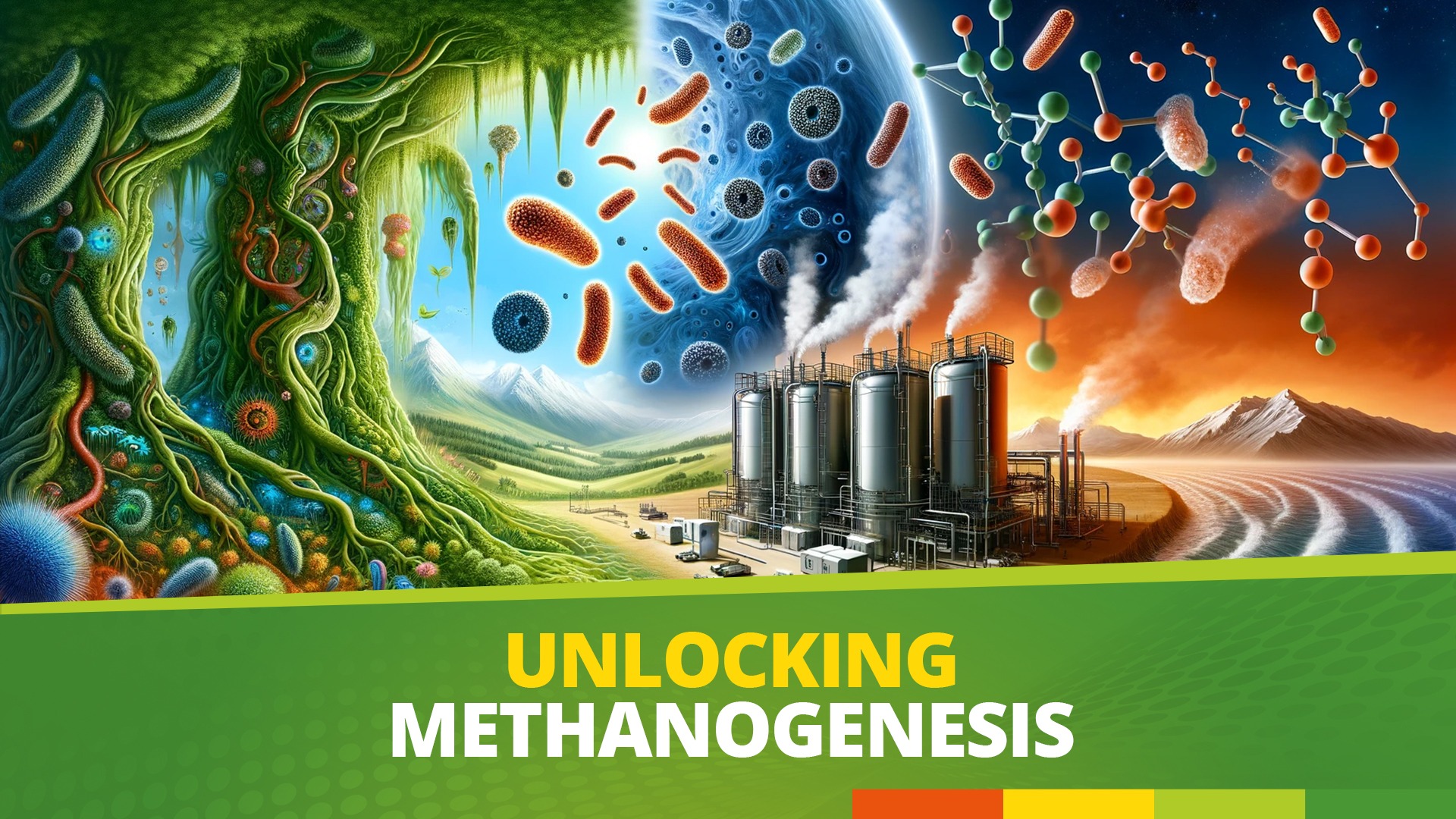Swiss premiere in the biogas sector: the first agricultural solid fermentation plant is realised in Tuttwil near Wängi. It is being built in conjunction with the construction of a new large turkey fattening barn. Heidi and Kolumban Helfenberger manage a 50-hectare arable and dairy farm together with two apprentices and an employee. A turkey fattening barn for over 4000 animals and a biogas plant will be added. After a good two-year planning phase, construction work has recently begun. “We are building this biogas plant out of conviction,” emphasises Helfenberger. It was clear to him early on that he wanted to use the manure produced to generate energy and that a solid fermentation plant would make sense on his farm. The decisive factor for the former cantonal council was the Thurgau Biomass Concept published in 2013, which outlined the possibilities of biomass as an energy source and also determined the canton’s promotion policy.
Fertiliser, electricity and heat
The biogas plant, which is designed for an annual volume of 2500 tons, was developed by Renergon International AG from Lengwil in Thurgau. This is not only a new generation of biogas plants on the market, but also the first agricultural plant of this kind”, explains Renergon President Karl-Heinz Restle, “In a two-phase process, known as “Renergon Simultaneous Digestion” (RSD), biogas is produced in both the fermenter box and the percolate tank by soluble metabolic products that are carried along. This technology has significant advantages over conventional liquid plants. Above all, it guarantees a high insensitivity to impurities and thus contributes to high process stability. “The fermentation is stable and low-odour, and the fermentation residues can ultimately be used as valuable organic fertilisers with a high nutrient availability”, Restle underlines the cycle concept. Added to this is the energy yield in the form of heat and electricity generated in a small combined heat and power plant.
Potential for 100 plants
In the new biogas plant of the Helfenberger family, mainly the manure from cattle and turkey husbandry is processed. It is also conceivable to use horse manure from surrounding stables to produce energy. In principle, the technology can also process green manure waste or harvest residues. The wide range of input materials increases the potential of the new biogas plant. Restle estimates that about 100 RSD plants could be operated in Thurgau alone.
Applicant sees potential
Josef Gemperle, CVP cantonal councillor and farmer from Fischingen, who initiated the Thurgau biomass concept with his initiative, sees considerable opportunities in the use of biogas. What considerations led to the Thurgau Biomass Concept published in 2013? Josef Gemperle: There were plans to build a very large biogas plant in Weinfelden. In this situation, Karl-Heinz Restle approached me with a request to hear his arguments. It was clear to us that a large centralised biomass plant could not be the solution for the future. On the contrary, because of the long distance transport of co-substrates and their removal from the regions, it would hinder the important decentralised plants in the future. As a result of this discussion, I have decided to propose to Parliament that a biomass concept be drawn up for Thurgau. In doing so, I speculated that a precise assessment of the situation could put the actors on the right track. This has indeed been achieved. You yourself operate a biogas plant for liquid farmyard manure. What experiences have you made? We have had very good experiences. The plant is running perfectly, and the many innovative elements are also proving their worth. I am confident that we will be able to operate the plant at least at cost-covering levels. When does a solid fermentation plant basically make sense? In my opinion, solid-state fermentation makes sense if green waste is collected and processed or if there is practically no liquid manure, but mainly dung. However, it is crucial that a project is soon to be implemented in eastern Switzerland so that feasibility can be demonstrated in practical operation. The canton awards investment subsidies, are other subsidies then excluded? This does not mean that other subsidies are absolutely excluded; details are available online in the current subsidy programme. How many plants could make sense in Thurgau? I’m not an engineer and don’t want to give absolute figures here. But the potential is certainly considerable if the first plant can be operated successfully and the general conditions are favourable.
